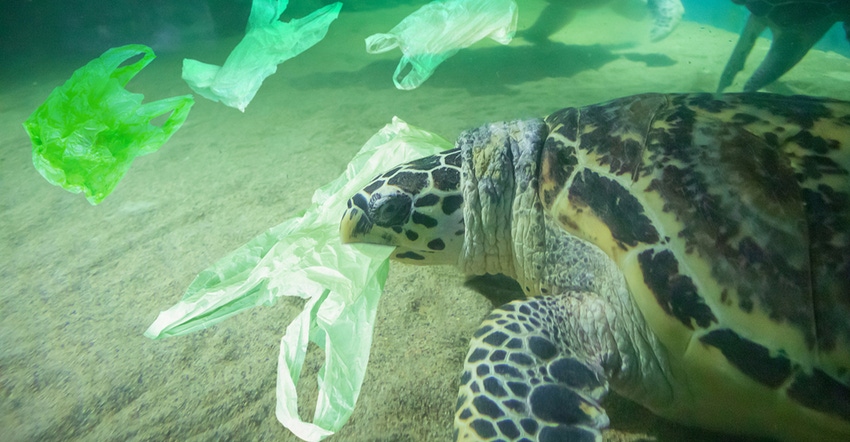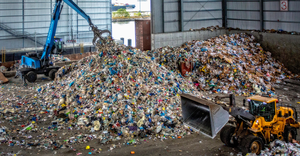Hundreds of Fish Species are Consuming Microplastics
February 23, 2021

A new study published by ecologist Elliott Hazen shows that marine fish – including species consumed by humans – are ingesting synthetic particles of all sizes.
Fish consuming plastic is on the rise because detection methods for microplastics is improving and ocean plastic pollution continues to increase. To date, 386 marine fish species are known to have ingested plastic debris, including 210 species that are commercially important.
The study indicates that plastic ingestion by fish may be widespread, but it is not universal or random. Researchers can predict which species were more likely to eat plastic based on their environment, habitat and feeding behavior. For example, sharks, grouper and tuna that hunt other fishes or marine organisms as food were more likely to ingest plastic and species that live in ocean regions known to have a lot of plastic pollution, like the Mediterranean Sea and the coasts of East Asia, were found with more ingested plastic.
Researchers are still learning about the effects of ingesting plastic on fish or humans. There is a need for studies analyzing how frequently plastics transfer from fish to humans, and their potential effects on the human body.
Read the original story here.
You May Also Like


